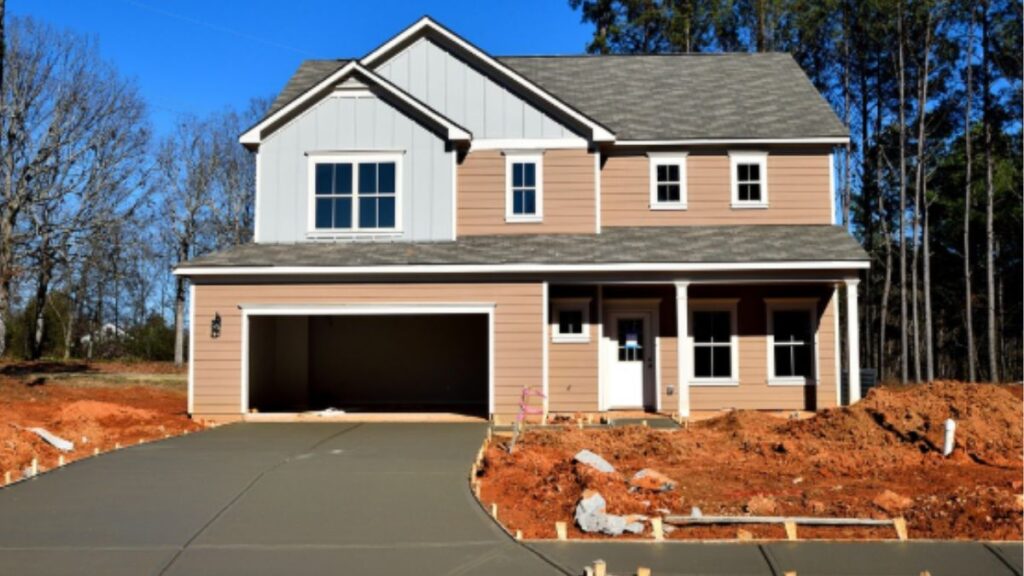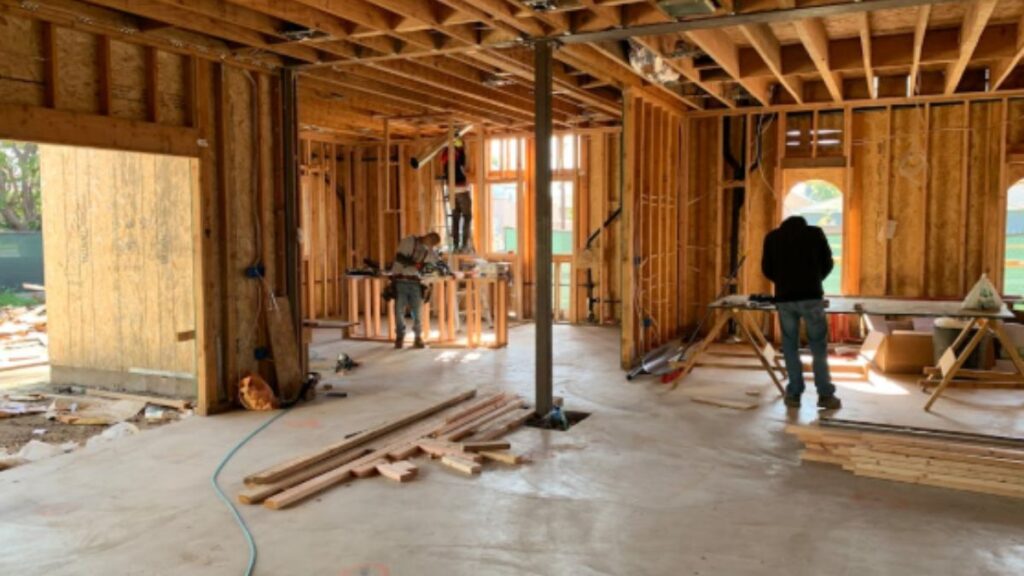There comes a time when a property owner must assess whether their space can accommodate a garage. Car ownership brings numerous advantages, but finding adequate storage for those vehicles can be a significant challenge. A garage not only offers a secure place to park but also provides an invaluable storage solution, safeguarding tools and other belongings. This article explores various factors that influence the decision-making process related to garage installation. From local zoning laws to driveway considerations, understanding these elements is essential for a successful project.
Assessing Your Property Size
The first step in determining if your property can accommodate a garage is measuring your available land area. Property size plays a crucial role in the feasibility of constructing a garage. Depending on your zoning regulations, specific minimum setback distances from property lines may apply. To ensure compliance, consider measuring your lot’s dimensions. Look at how much available space you have on the front, side, and rear yards. An adequately sized lot can allow for a garage without compromising essential outdoor areas. For instance, a standard single-car garage typically requires a minimum footprint of about 12 feet by 20 feet. Therefore, an expansive property is advantageous for accommodating both a garage and other outdoor functional spaces. As you begin the construction of your garage, finding a reliable car storage facility is imperative. You need to keep your car safe from the elements and threats while its shelter is being built. Alternatively, long-term storage is also a viable option if your property does not have sufficient space for a garage. Keeping your car in a secure and accessible facility is better than parking it on your lawn.
Understanding Local Zoning Laws
Every region has varying zoning laws that dictate what can be built and where. These laws often include specific guidelines for garage structures, including size restrictions, height limits, and placement requirements. Consulting local regulations before embarking on any construction plans is wise. Some municipalities may also require permits for building a garage, adding another layer of complexity to the process. It’s essential to contact your local building department to gather all pertinent information regarding zoning ordinances. Incorrectly interpreting these laws can lead to fines or forced demolition of structures that don’t comply with regulations, complicating what should be a straightforward project.
Evaluating Access Points
Access to the garage is another important aspect to consider. Evaluate the location of existing pathways, driveways, and roads surrounding your property. Ideally, your garage should be easily accessible for parking and retrieval of your vehicle. Conversely, if your property is located on a busy street, you may face additional challenges concerning safety and convenience. Tight corners, slopes, or other obstacles can also hinder usability, making it difficult to enter or exit the garage safely. Streetscaping or potential driveway modifications may be necessary for optimal access. Moreover, if your property layout includes multiple access points, assess which location would be most effective. Take note of nearby trees, fences, and utilities to ensure they won’t obstruct movement to and from the garage.
Analyzing Site Drainage
Proper drainage is critical for any building structure, especially for garages. Assess the layout of your property to determine how water flows during rainstorms or snowmelts. If your property is prone to puddles or flooding, you’ll need to consider mitigation strategies before constructing a garage. Improved drainage can involve leveling the ground or installing drainage systems. An effective drainage plan will not only protect your garage but also the entire area encompassing it. This can greatly enhance the longevity and usability of the garage as a storage space.
Budget Considerations
Budgeting contributes significantly to your decision-making process. Building a garage involves various costs, including permits, construction materials, labor, and potential landscaping expenses. An accurate budget should account for all these factors to prevent financial strain during or after construction. Research the average cost of garage construction in your area to create realistic expectations. HomeAdvisor reports that the average price of building a garage ranges from $16,000 to $40,000, depending on size and material choices. Balancing affordability with quality will ensure that your garage project is both feasible and enduring.
Considering Garage Type
The type of garage you choose to build can significantly impact spatial requirements. Options include attached, detached, or pre-fabricated structures. An attached garage tends to be more connected to the main house, facilitating ease of access while conserving space. In contrast, a detached garage might offer a larger area for storage but could also impose extra costs for paving and utilities. Selecting an appropriate style requires evaluating your property’s architectural design, landscaping, and personal preferences. A well-chosen garage type can enhance your property’s overall aesthetic while maximizing functionality.
Understanding Neighborhood Restrictions
Examining neighborhood guidelines or homeowners’ association rules can further influence your decision to build a garage. Many neighborhoods have specific restrictions, which may limit garage size, style, or even the materials used in construction. Failing to comply with these requirements could lead to disputes with neighbors or fines from the homeowner’s association. Before planning your garage construction, it’s advisable to speak with neighbors and check the governing documents of your community. Open communication can lead to smoother operations and help you avoid any last-minute changes or modifications.
Consulting with Professionals
Before making any definitive decisions, it may be beneficial to consult with professionals in construction or architecture. A contractor or architect can provide insights into complex zoning regulations and help design a garage that harmonizes with your home and neighborhood. Plans developed with professional guidance are likely to be more successful in reducing current challenges and future concerns. They can also recommend adaptable designs that suit your specific property layout, thus ensuring all your needs are met effectively. Coupled with the right information and support from professionals, you will discover whether adding a garage is the right move for your property.

Building a garage is a substantial undertaking, necessitating a careful analysis of various factors including property size, budget, zoning laws, and neighborhood restrictions. The suitability of your property for a garage hinges on accessible planning while appreciating local conditions. A well-planned garage is more than just an area to park; it can significantly enhance your property’s value and functionality.







